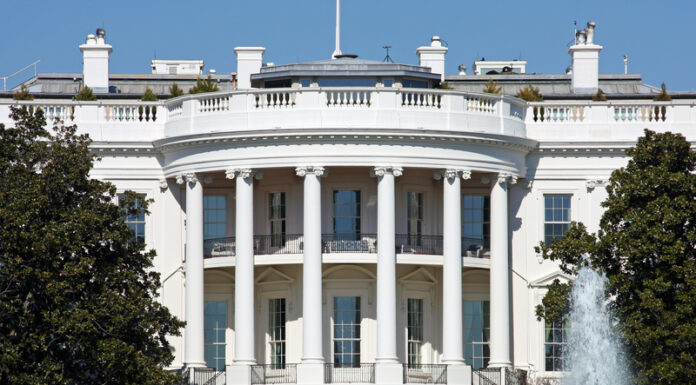The White House faces mounting pressure over President Donald Trump’s health and fitness concerns as multiple crises converge, with author Michael Wolff documenting unprecedented chaos within the administration. Trump biographer Wolff reports the president is making relentless calls to aides and allies seeking distractions from ongoing controversies, including his connections to Jeffrey Epstein and mounting questions about his physical and mental state.
Recent reports indicate Trump has been exhibiting concerning behavioral patterns, including what sources describe as exhausting Truth Social rants followed by early bedtimes. The 79-year-old president has faced speculation about his health after going on what observers characterized as a bizarre AI posting spree and making unusual public appearances that prompted death rumors before he finally appeared in public to quell speculation.
Wolff detailed on the Inside Trump’s Head podcast that the administration appears increasingly desperate to find what he terms “a big thing” to shift focus away from multiple scandals. The author suggests Trump is willing to make significant policy concessions, including potentially sacrificing Ukraine in negotiations with Vladimir Putin, to achieve the distraction he seeks from persistent questions about his past associations and current fitness for office.
The health crisis extends beyond Trump’s personal condition to encompass the broader public health apparatus under his administration. Secretary of Health and Human Services Robert F. Kennedy Jr.’s controversial leadership has triggered mass resignations at the Centers for Disease Control, with CDC director Susan Monarez lasting less than a month before being fired in late July 2025 after refusing to rubber-stamp what her lawyers described as unscientific directives.
Dr. Debra Houry, the CDC’s chief medical officer, resigned following Monarez’s departure, writing in her resignation letter that the overstating of vaccine risks and rise of misinformation have cost lives, resulting in the highest number of U.S. measles cases in 30 years. At least four renowned doctors and agency officials followed Monarez’s exit, with several releasing statements supporting her claims about refusing to approve reckless health directives.
Wolff characterizes the situation as Kennedy setting up America’s public health apparatus “on fire” while serving as “the arsonist.” The author attributes Kennedy’s aggressive approach to what he describes as bitterness stemming from a wastrel life of drug abuse, womanizing, and domestic upheaval that prevented him from achieving the power and status he believed his family name entitled him to receive.
According to Wolff’s analysis, Trump initially approached Kennedy to serve as his vice president during the 2024 campaign but was disappointed when Kennedy declined. When Kennedy later bowed out of his independent presidential campaign and endorsed Trump, bringing his Make America Healthy Again base with him, Trump felt compelled to tolerate Kennedy to maintain that support, ultimately appointing him to lead Health and Human Services.
The author suggests Kennedy is positioning himself for a 2028 presidential run, despite vehement denials from Kennedy’s office. Wolff indicates that Kennedy’s antagonistic approach toward the health establishment solidifies his MAGA base, potentially making him a credible Republican candidate for the next election cycle.
Meanwhile, Trump continues to face scrutiny over his past relationship with convicted sex trafficker Jeffrey Epstein. The president has dismissed the so-called Epstein files as boring old news and called them a Democratic hoax, but questions persist about his decade-long friendship with Epstein that ended after a 2004 bidding war over a Palm Beach property.
The administration’s response to these mounting crises has been characteristically combative. White House Communications Director Steven Cheung has repeatedly attacked Wolff’s credibility, describing him as having “a severe and debilitating case of Trump Derangement Syndrome that has rotted his peanut-sized brain.” This rhetoric reflects the administration’s broader strategy of dismissing critical coverage rather than addressing substantive concerns.
Wolff’s reporting suggests the convergence of health concerns, administrative chaos, and ongoing scandals has created an unprecedented crisis of confidence within Trump’s inner circle. Sources indicate many insiders are rushing to cover themselves as the president conducts what appears to be an internal witch hunt to identify who spoke to Wolff for his latest book chronicling the administration’s dysfunction.
The situation represents a significant challenge for an administration already facing questions about its competence and stability. As public health experts warn about the dangers of anti-vaccine policies and Trump’s own fitness for office comes under increased scrutiny, the White House appears to be struggling to maintain control of the narrative surrounding the president’s health and the broader crisis engulfing his administration.








